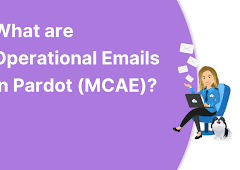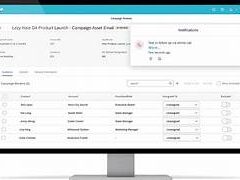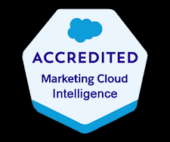CAN-SPAM Act: A Complete Compliance Guide for Businesses
Are you utilizing email for your business? The CAN-SPAM Act, legislation governing commercial email, sets regulations for commercial messages, provides recipients the right to opt out, and imposes substantial penalties for violations, enforced by the FTC along with the CAN-SPAM Rule.
Despite its name, the CAN-SPAM Act is not limited to bulk email; it encompasses all commercial messages. These messages, defined as “any electronic mail message the primary purpose of which is the commercial advertisement or promotion of a commercial product or service,” include emails promoting content on commercial websites. The law applies universally, including to business-to-business emails, meaning all emails must adhere to its provisions.
Can-Spam Explained
Non-compliance with the CAN-SPAM Act can result in penalties of up to $51,744 for each separate email violation. However, compliance is not intricate. Here’s an overview of the main requirements of CAN-SPAM:
- Accurate Header Information:
- Ensure your “From,” “To,” “Reply-To,” and routing information is accurate, identifying the initiator accurately.
- Non-Deceptive Subject Lines:
- Subject lines must truthfully represent the content of the message.
- Identify the Message as an Ad:
- Clearly and conspicuously disclose that the message is an advertisement.
- Provide Location Information:
- Include a valid physical postal address in your message.
- Offer Opt-Out Mechanism:
- Clearly explain how recipients can opt out of future marketing emails.
- Make opt-out notices easy to recognize, read, and understand.
- Include a return email address or an easy Internet-based method for opting out.
- Ensure your spam filter doesn’t block opt-out requests.
- Opt-Out for Subscribers and Members:
- Subscribers and members retain the right to opt out of marketing emails.
- If sending messages without an unsubscribe link, ensure they fit within the Act’s “transactional or relationship” categories.
- Promptly Honor Opt-Out Requests:
- Opt-out mechanisms should process requests for at least 30 days.
- Honor opt-out requests within 10 business days.
- No fees or additional steps beyond a reply email or visiting a single webpage for opt-out.
- Monitor Third-Party Activities:
- Legal responsibility for compliance cannot be contracted away, even if outsourcing email marketing.
- Both the promoted company and the company sending the message may be held accountable.













